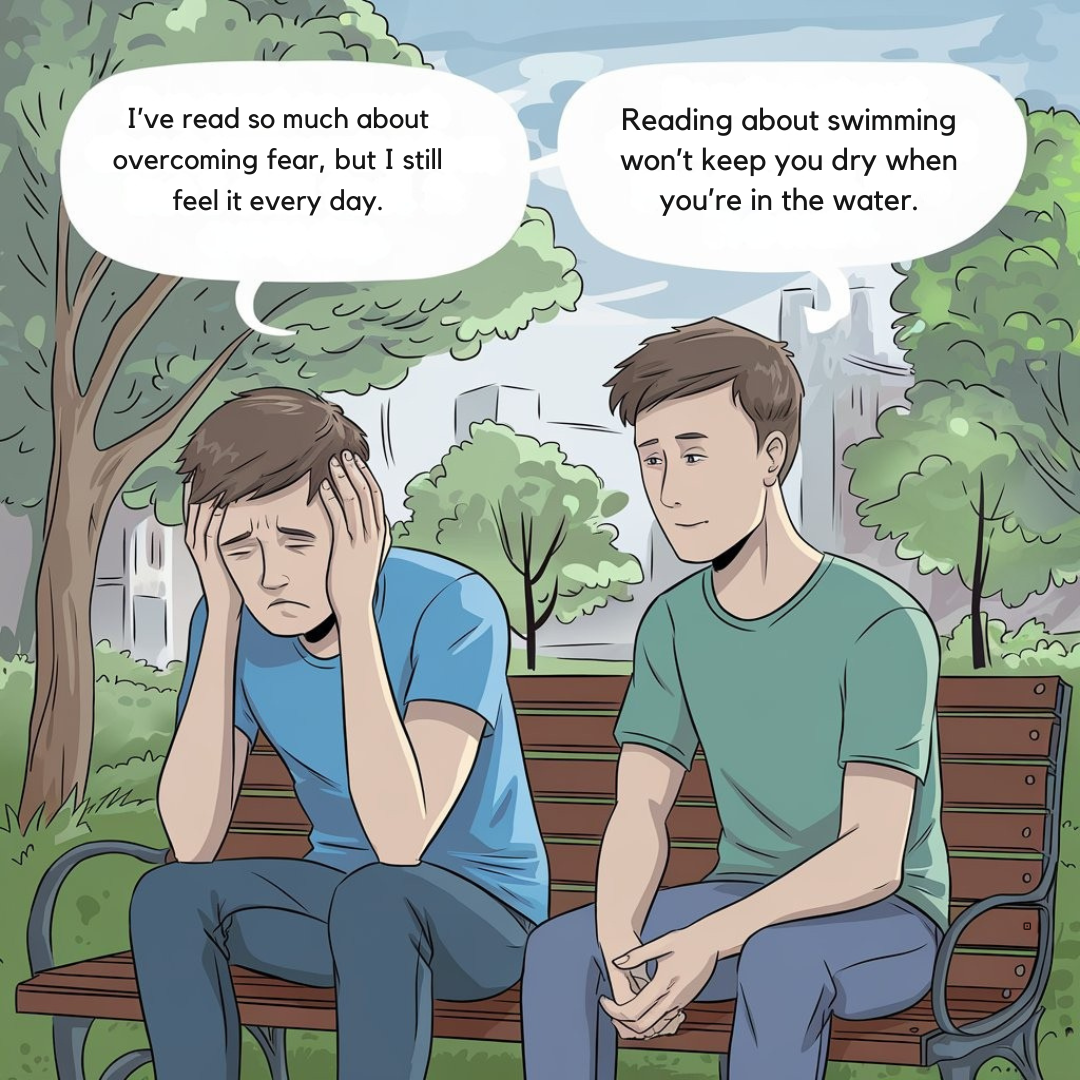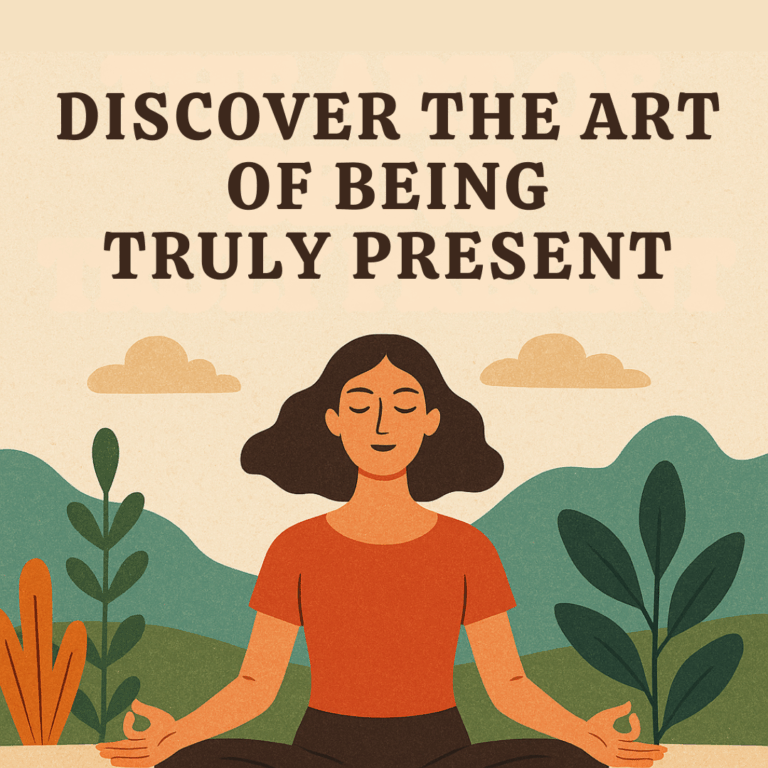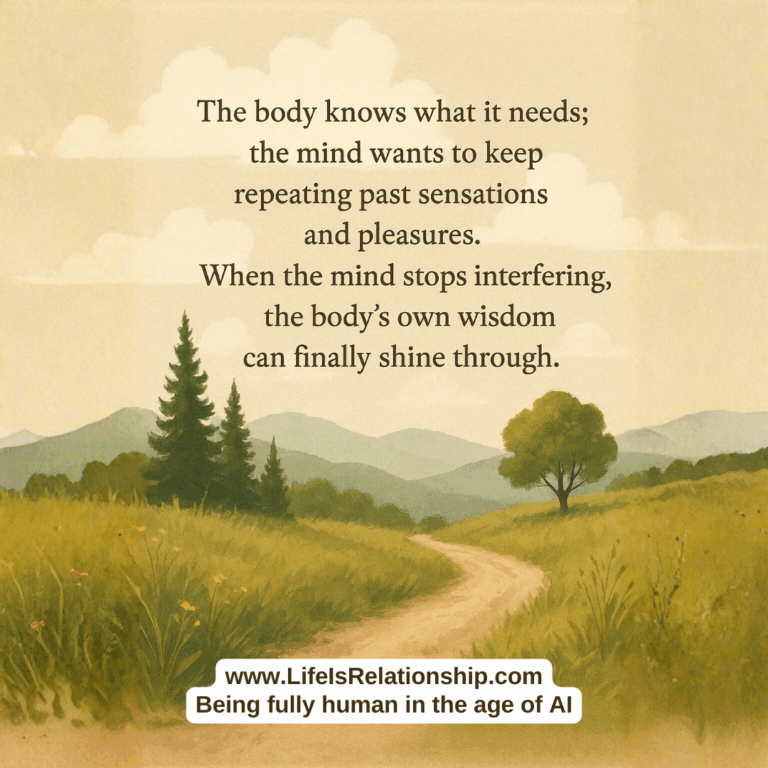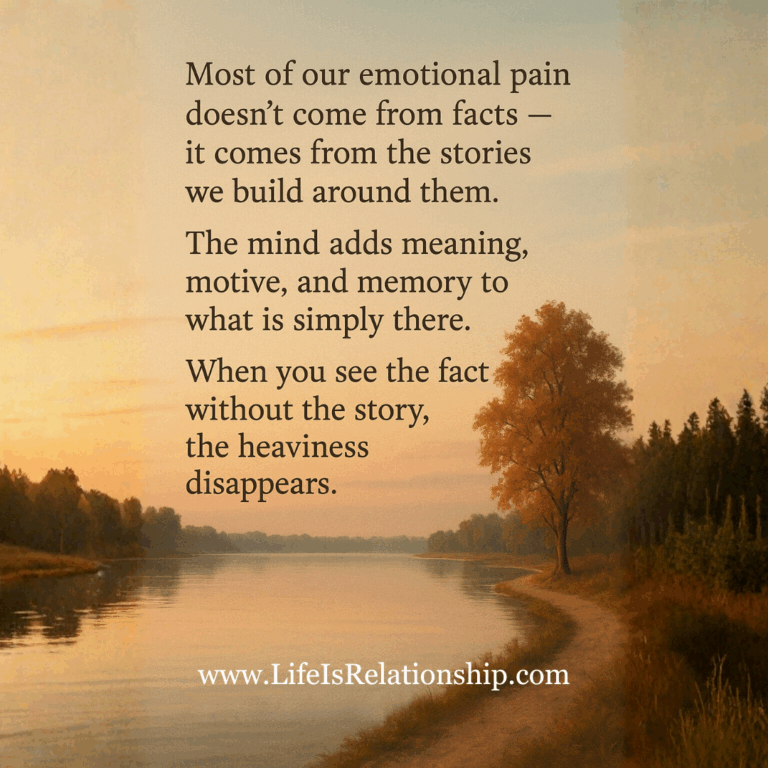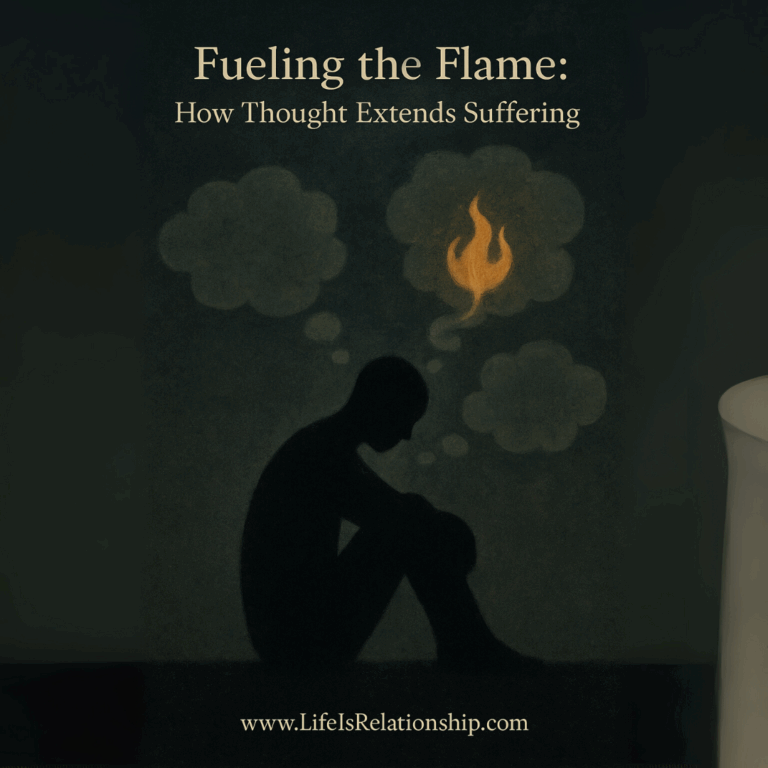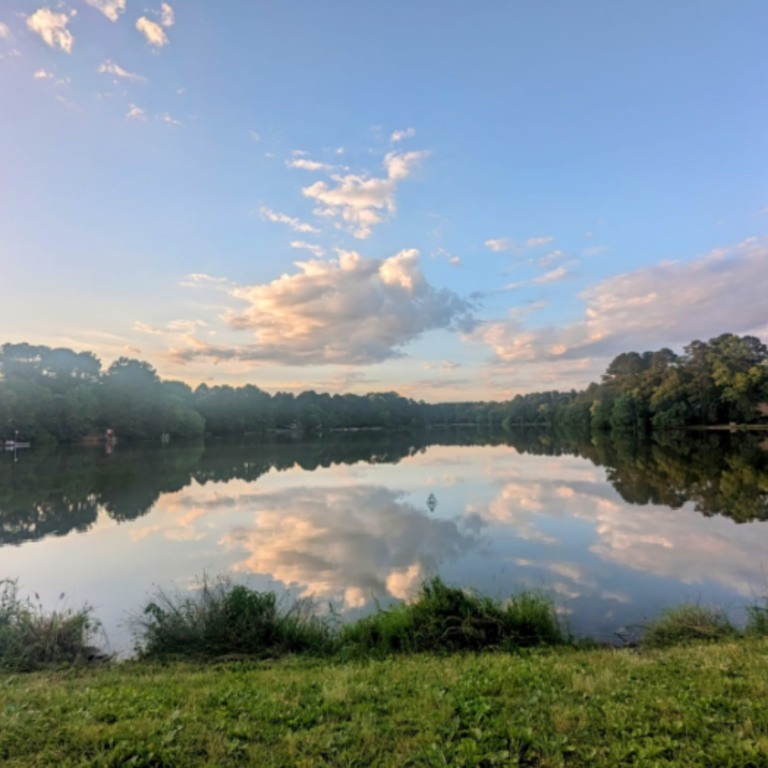In the physical world, knowledge plays an undeniable role in guiding our actions. A teacher can explain mathematical principles, or a book can teach us how to fix a machine. This process of acquiring knowledge, applying it, and seeing tangible results is straightforward. It works because the physical and material world is stable and measurable.
But can the same approach be applied to our inner world—to our thoughts, emotions, fears, and relationships? Can a book or an expert truly guide us to understand ourselves, or is this a fundamentally different kind of inquiry?
Let’s Take Fear as an Example
A teacher or a book might provide intellectual explanations of fear—its origins, its biochemical basis, or even strategies to overcome it. But does this intellectual understanding truly free us from fear? Or does it become another layer of avoidance, another way to evade actually facing the fact of fear as it arises within us?
Fear often emerges from a web of conditioning, habits, and expectations. For example, we might fear failure because we’ve been conditioned to associate our worth with achievement. Or, past experiences of rejection might project forward into an imagined future, leading us to fear similar pain. There’s also a deep discomfort with impermanence—the fleeting, uncertain nature of life—which can intensify our fears. If we don’t examine these factors, fear becomes a cycle, repeating itself under different guises.
Avoiding the Inner World
When we experience fear, there’s often a tendency to escape it—through distraction, rationalization, or clinging to comforting ideas like, “I shouldn’t feel this way.” Yet these responses don’t resolve fear; they merely suppress it. Similarly, our environment encourages idealizing concepts—“Be fearless,” “Think positively”—rather than inviting us to directly observe the fact of fear itself.
The inner world is dynamic and ever-changing. It cannot be fixed or resolved by applying static knowledge. Unlike a machine that can be repaired with a manual, our inner conflicts cannot be understood through prescriptive formulas or ideals. They require something else entirely.
Observation Without Judgment
What happens when we stop avoiding and start observing? Can we look at fear—or anger, envy, or ambition—without naming it, judging it, or trying to change it? Ordinarily, we approach such emotions through the filter of past experiences and opinions: “I’ve felt this before,” “This is wrong,” “I need to fix this.” But these opinions are remnants of the past, and they prevent us from seeing the fact of what is happening right now.
To observe fear without distortion means to put aside opinions, memories, and judgments. When we examine fear, we can begin to see its background: the habits, conditioning, and unresolved experiences that contribute to its presence. This kind of observation helps uncover the layers of thought and feeling that sustain fear. As we observe, fear begins to reveal itself—not as something to conquer, but as something to understand.
The Importance of Self-Understanding
This process of observation is inseparable from self-understanding. Without a deep awareness of our own mental and emotional patterns, we risk perpetuating the same conflicts and fears. Self-understanding is not about accumulating knowledge about ourselves but about directly seeing how our conditioning, desires, and ambitions shape our relationships and perceptions.
When we do not examine our inner world, we remain trapped in cycles of reaction, shaped by past knowledge and fueled by the ego’s need for security. True intelligence arises not from clinging to these patterns but from understanding them—and, through that understanding, finding freedom.
Why Books and Experts Fall Short
Books and teachings can only offer conceptual knowledge, which is fixed and static. They cannot account for the fluidity of our emotions and thoughts, nor can they capture the deeply personal, moment-to-moment nature of self-inquiry. To understand ourselves, we must look inwardly with a fresh approach, unclouded by preconceived notions.
When we simply adopt an idea—“I should not feel fear”—we create a division within ourselves. The fear remains, but now it is accompanied by resistance and frustration. This division only intensifies the conflict. True understanding comes not from intellectual ideals but from direct observation of what is.
The Invitation to Look
So, can we begin to observe our inner world without running from it, without trying to change it into what we think it should be? Can we question whether knowledge, so effective in the outer world, has any place in understanding our inner landscape?
This inquiry requires an openness to see things as they are, free from the distorting filters of judgment, memory, and opinion. When we look at fear, or any other emotion, with such clarity, the fact itself becomes our teacher, revealing its nature and freeing us from its grip.
The question, then, is not whether we can rely on knowledge to understand ourselves, but whether we are willing to step beyond it, into the unknown territory of self-awareness. Can we?
